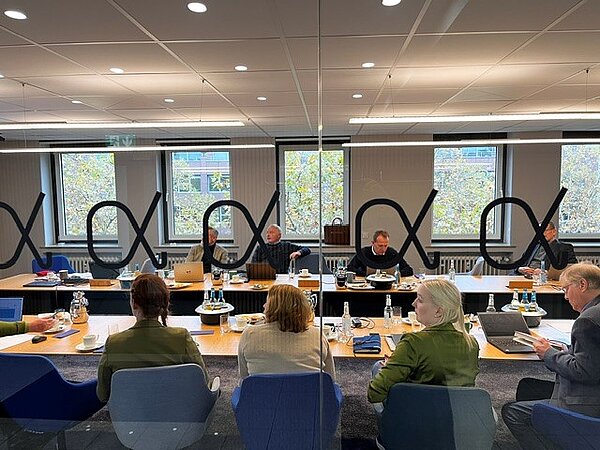Commitment to the DAV - “We in the association”
The successful development of the DAV over the past thirty years would not have been possible without the great commitment of our members to their association. Voluntary committees form the basis for the actuarial work, education and training and also the DAV's professional regulations. Without the professional expertise of our members and their voluntary commitment to our association, there would be no “Actuary DAV” title.
It is therefore of great importance that more and more new members are getting involved in the association and contributing their expertise and passion for the profession in an honorary position at the DAV. If you ask experienced committee members how they became actively involved in the DAV, the most common answer is that a superior motivated them to get involved. Even today, employers are interested in their employees getting involved and actively participating in DAV committees.
Receiving information earlier, the continuous professional development of employees, good networking - these are all advantages that come with voluntary work in the DAV. That's why we regularly call on you to get involved and look forward to receiving many applications, expressions of interest and inquiries. After all, a good 70 percent of DAV members are under the age of 50 - a good starting position for a prosperous future of professional cooperation within the DAV.
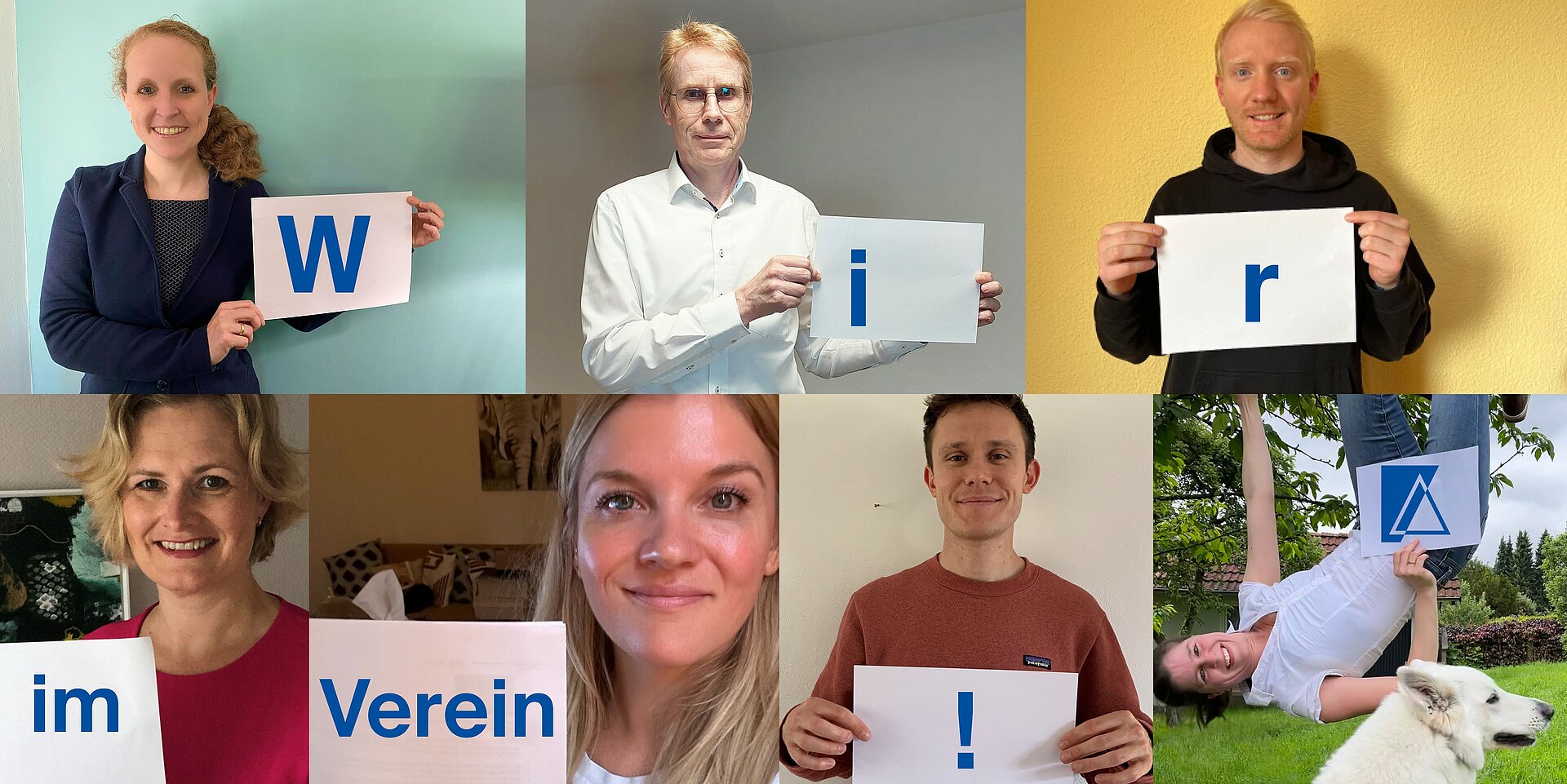
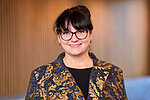
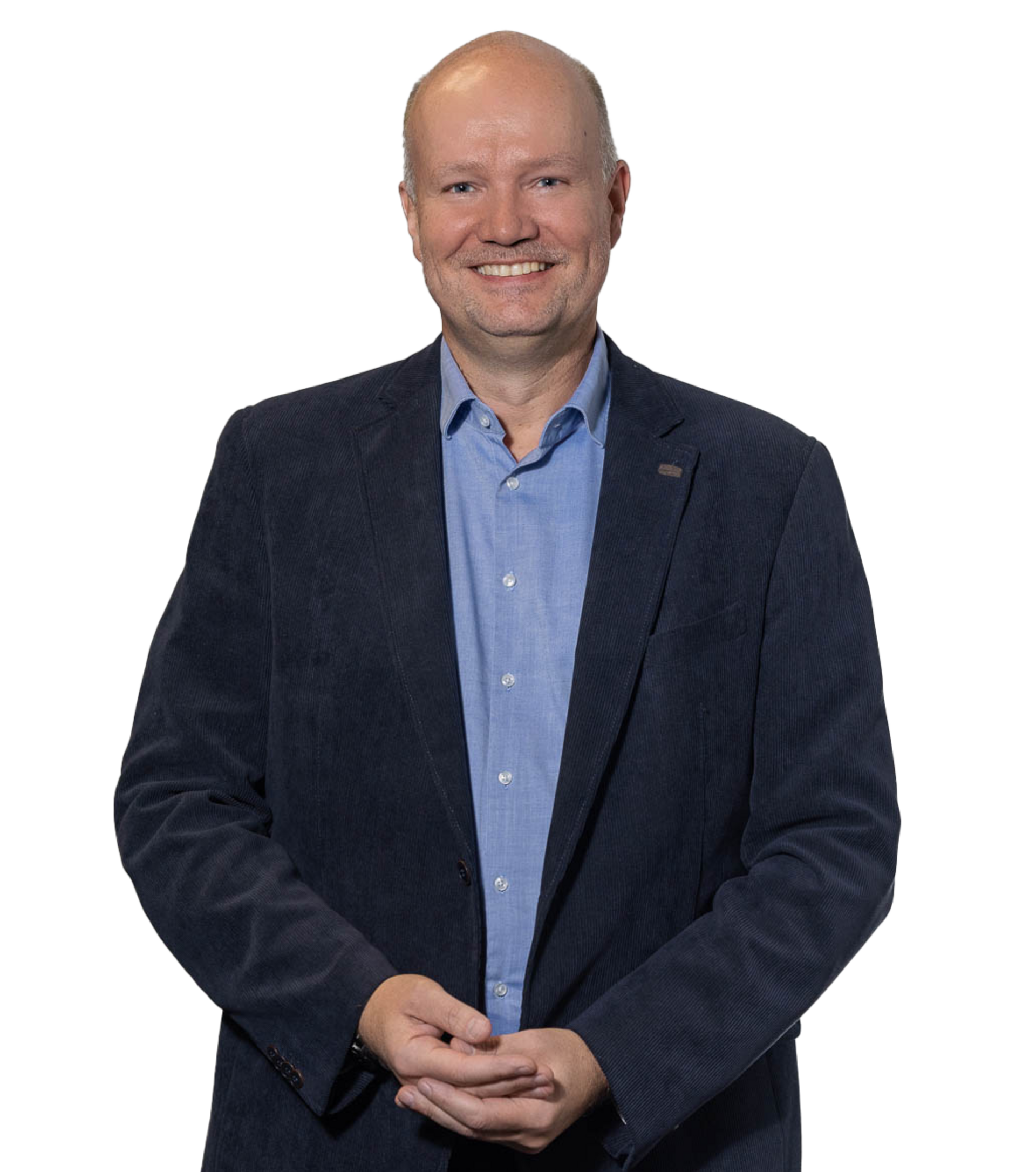
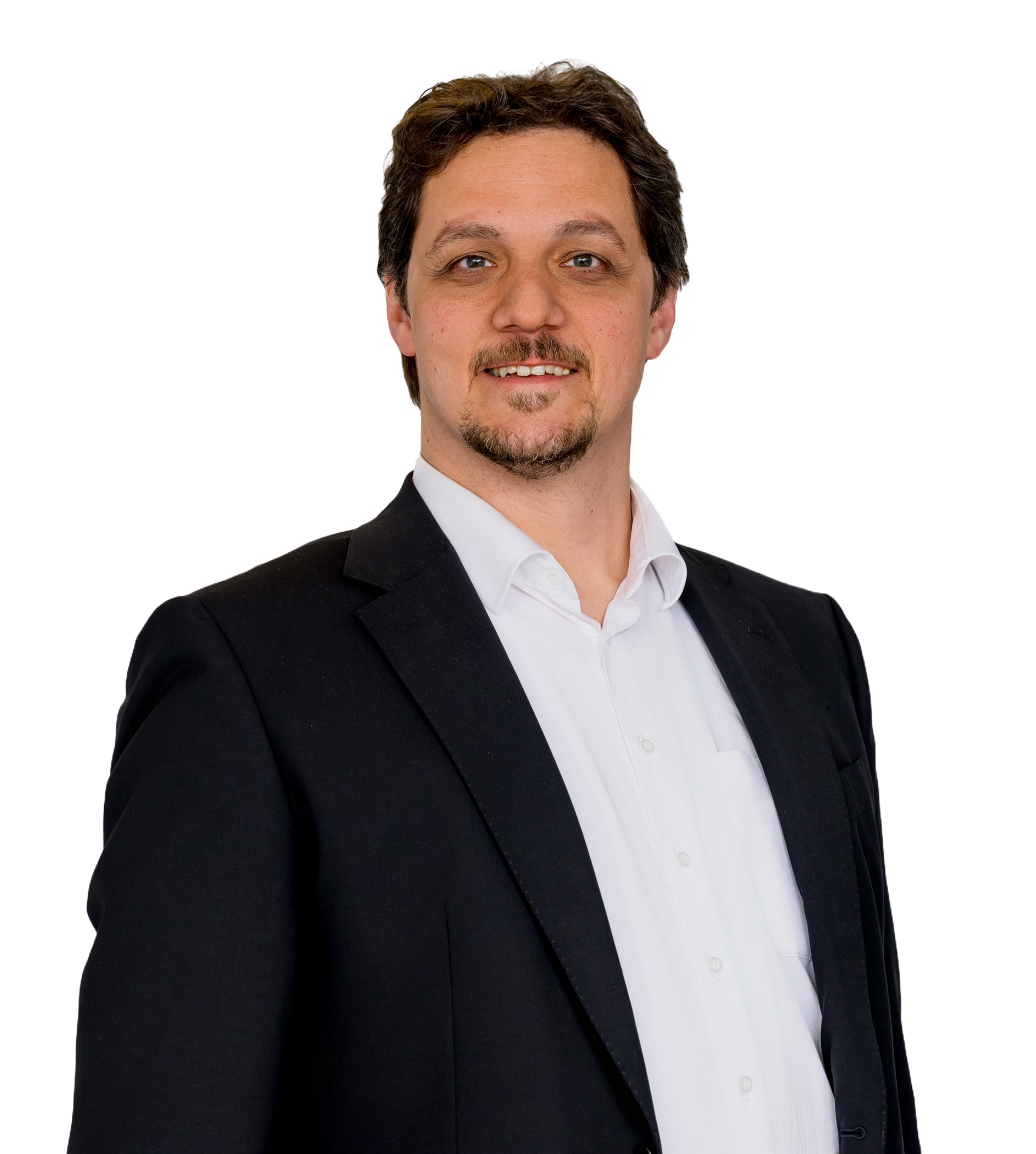
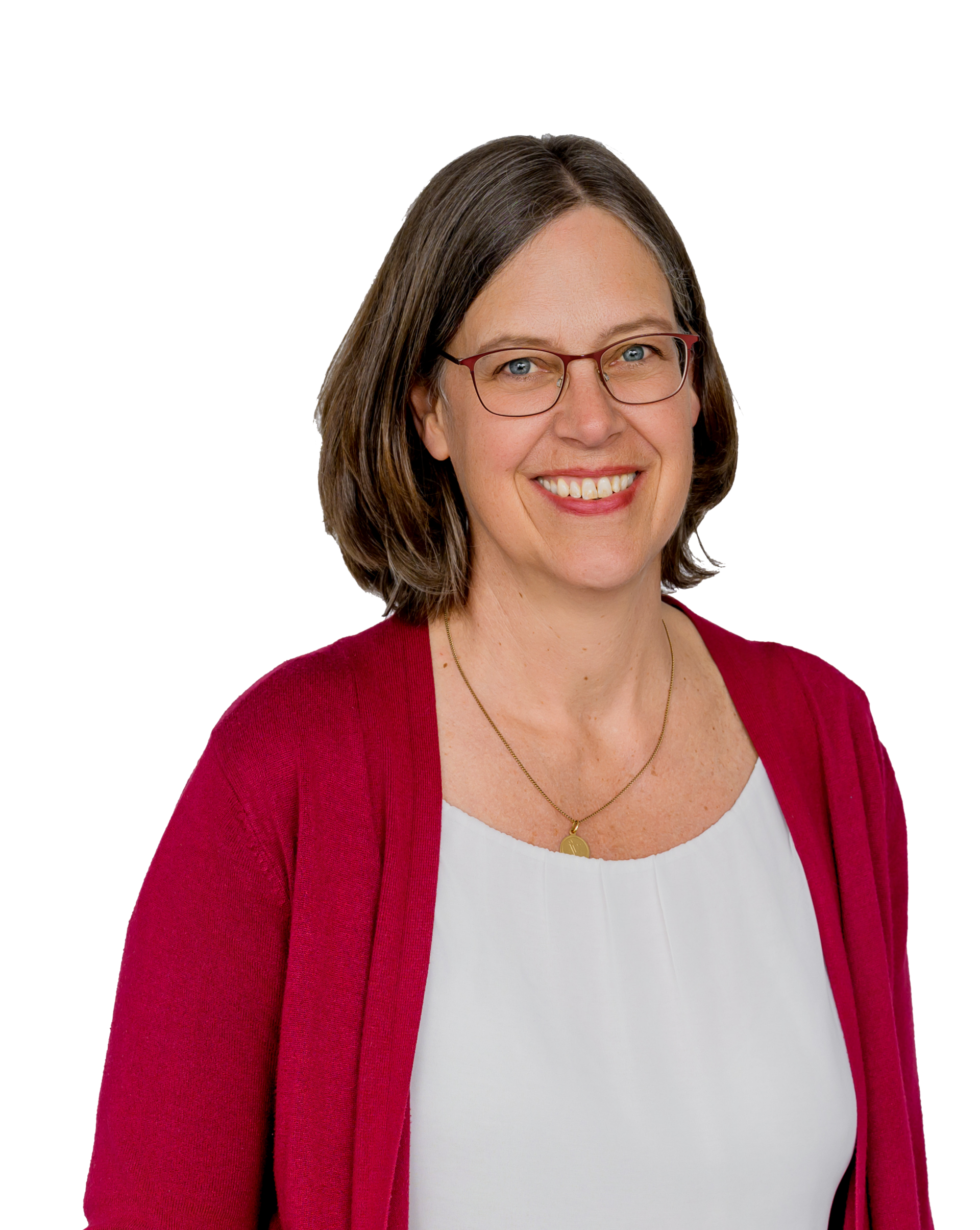
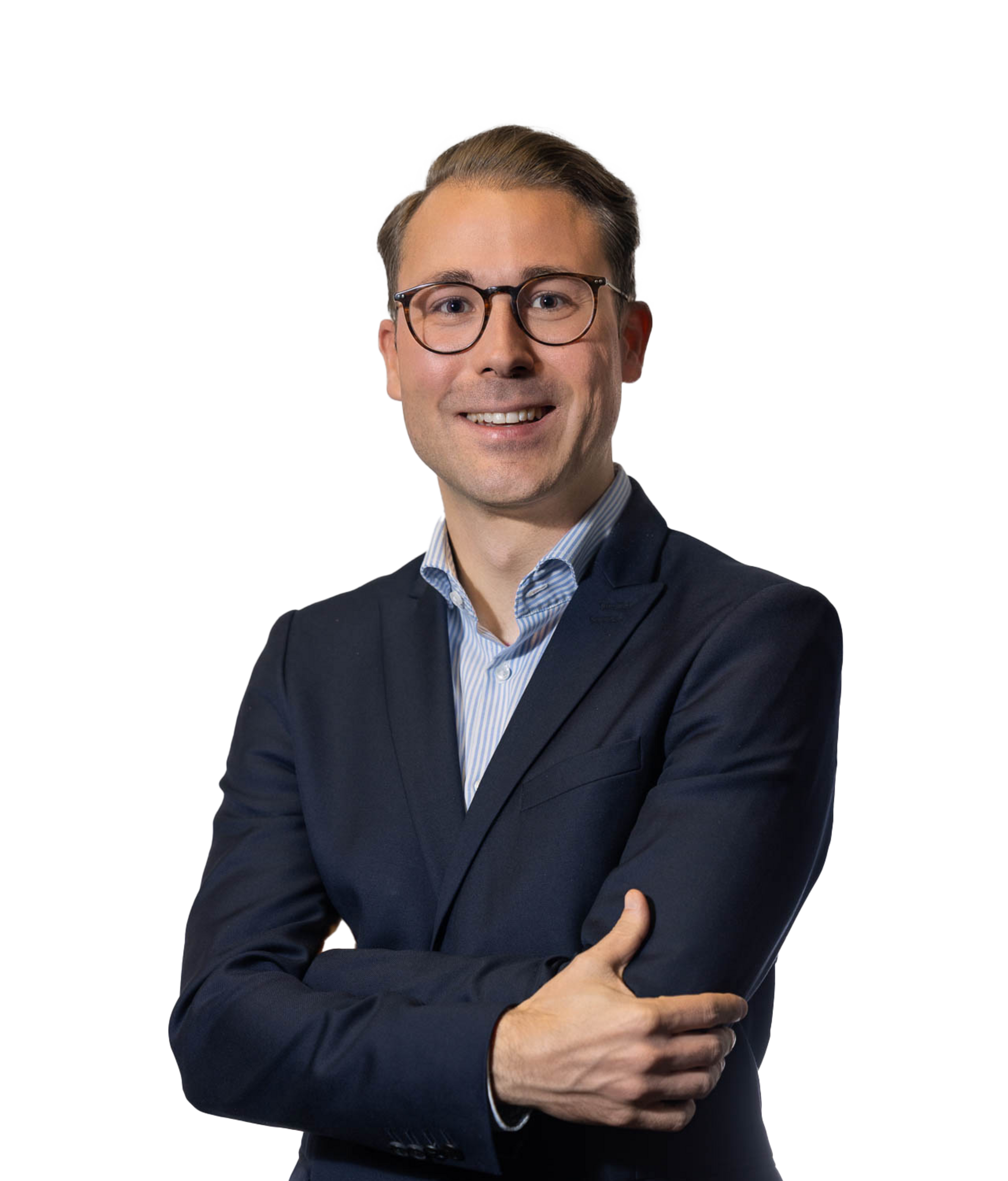
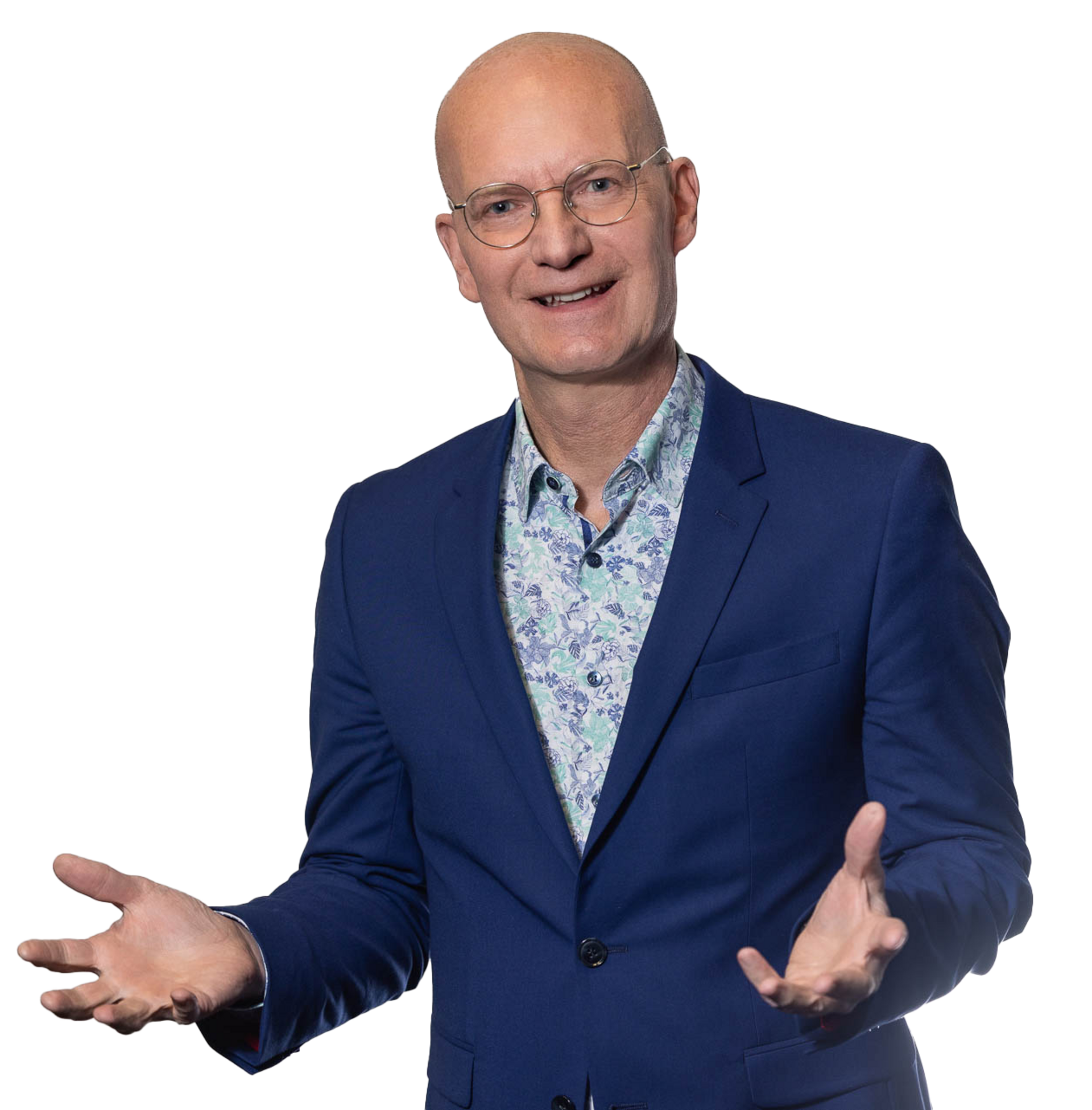
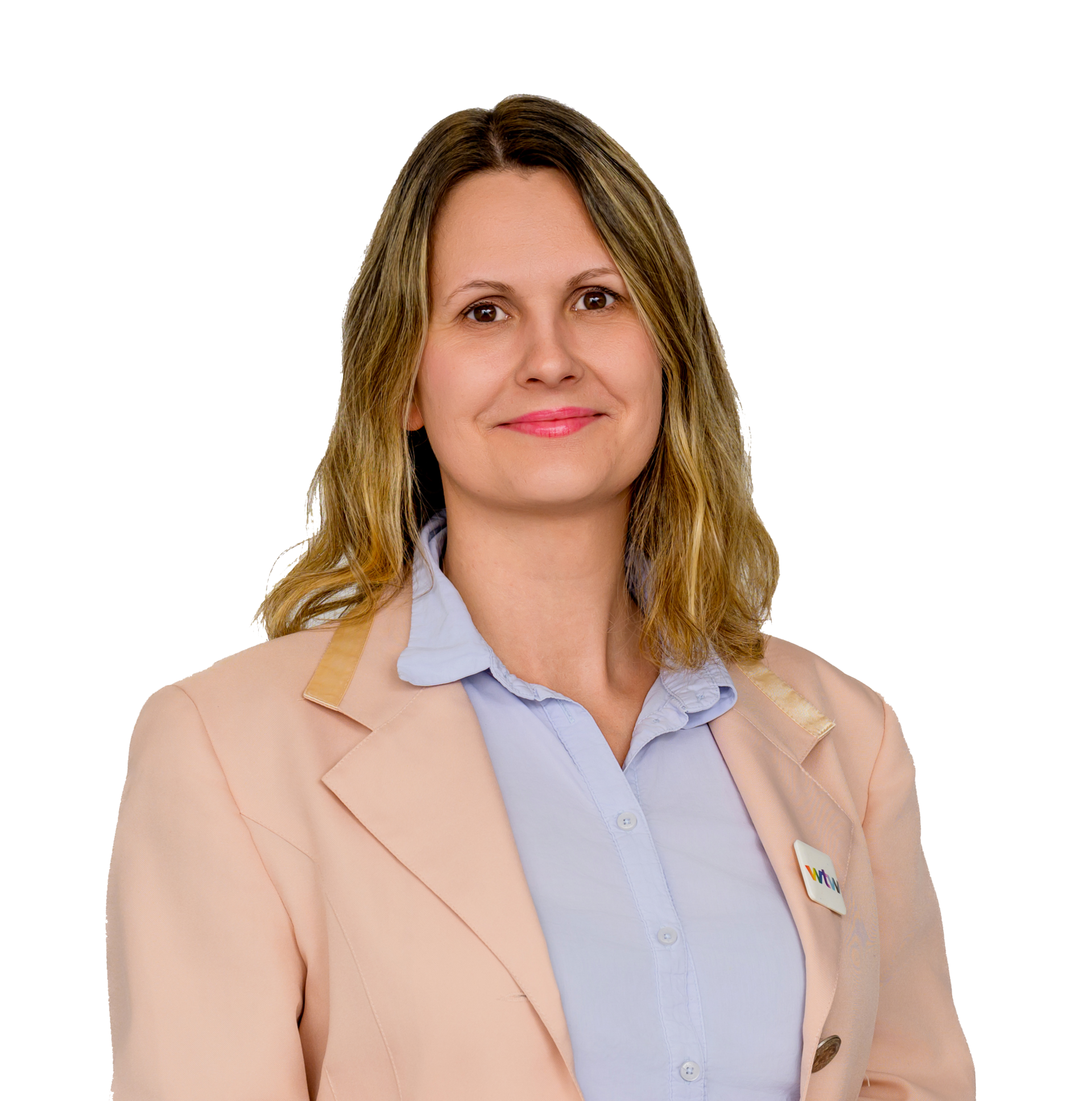
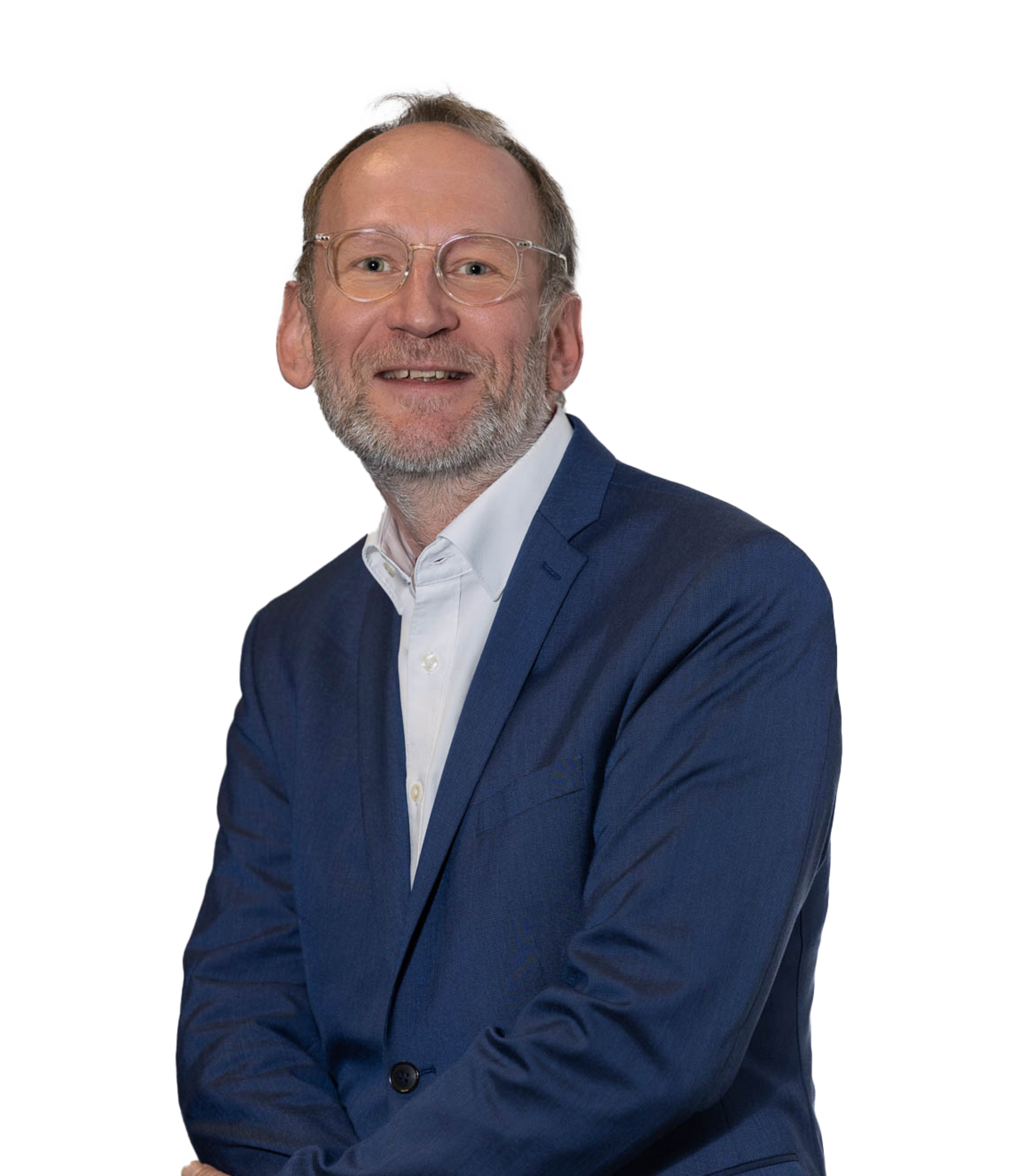
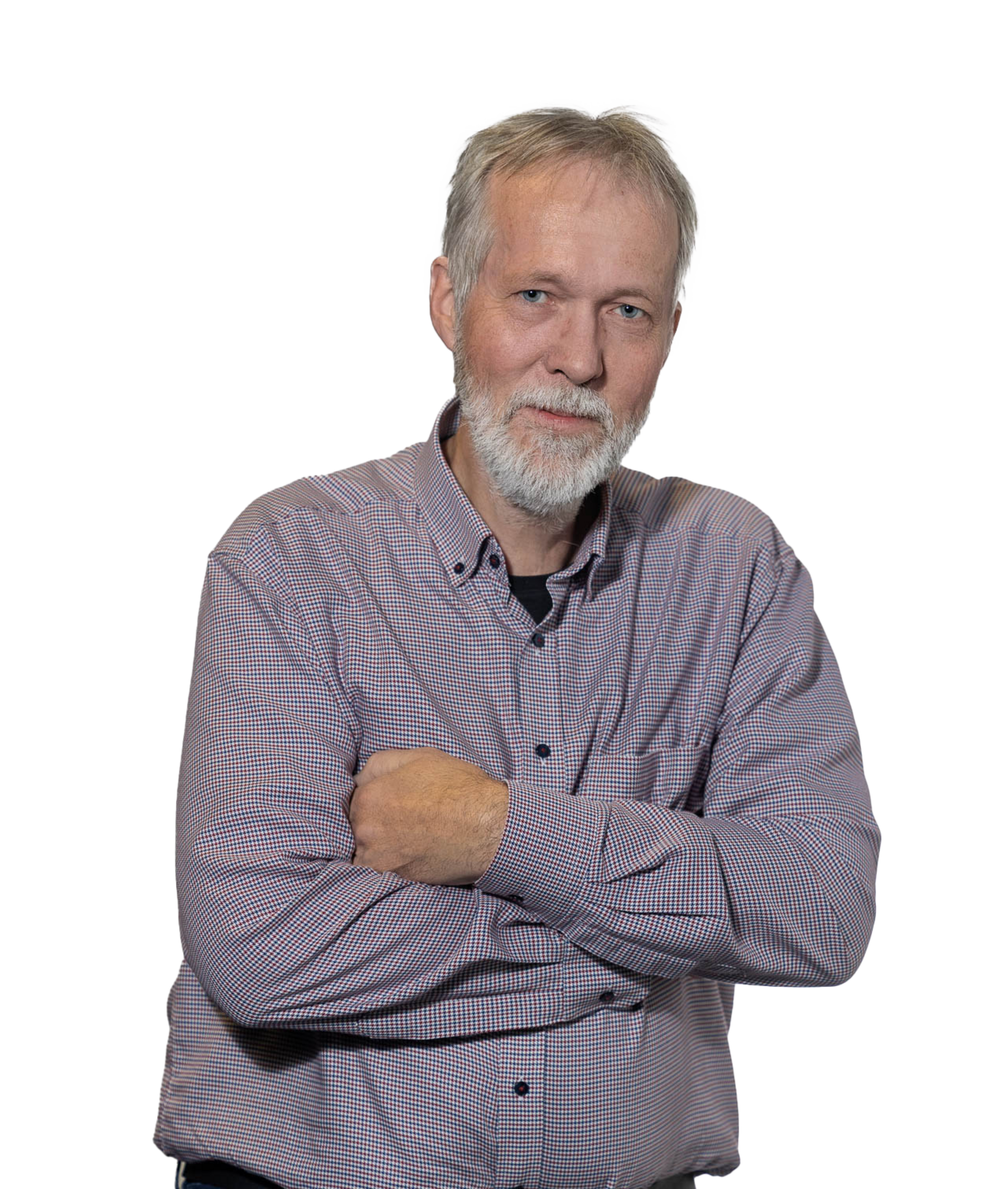
![[Translate to English:] Dr. André Geilenkothen auf dem IVS Forum 2024](/content/Content_Bilder/Veranstaltungen/Tagungen/IVS-Forum_2024/IVS-Forum24_Vollmer1211.jpg)
![[Translate to English:] Arbeitsgruppe Migration des Ausschusses Lebensversicherung](/content/NICHTVERWENDEN/ba541d63-5c89-4abe-9482-2b03b6055c7d.jpg)
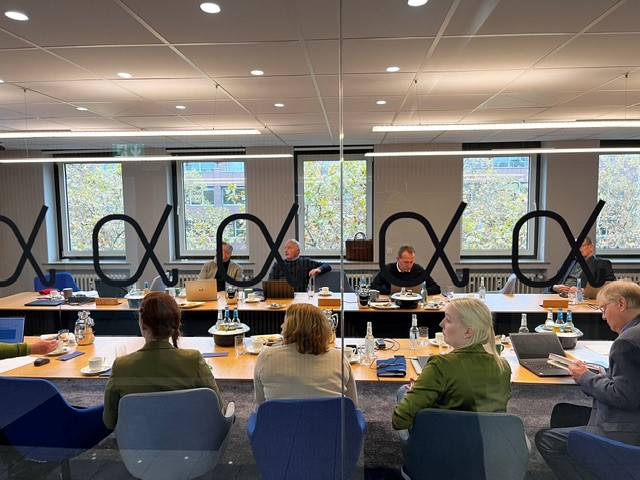
![[Translate to English:] <a href="https://de.freepik.com/fotos-kostenlos/kuenstliche-intelligenz-ermoeglicht-es-computern-die-funktionsweise-des-menschlichen-gehirns-nachzubilden-algorithmen-fuer-maschinelles-lernen-die-zur-durchfuehrung-von-rechenoperationen-auf-der-grundlage-von-datenmustererkennung-und-3d-renderanimation-verwendet-werden_57197101.htm#fromView=search&page=1&position=8&uuid=d6a7b3e4-db60-4e48-a02d-2d22d7eb422f">Bild von DC Studio auf Freepik</a>](/content/Content_Bilder/DAV_Journal/Der_Aktuar/artificial-intelligence-enabling-computers-replicate-human-brain-functioning-machine-learning-algorithms-used-computational-operations-based-data-pattern-recognition-3d-render-animation.jpg)
